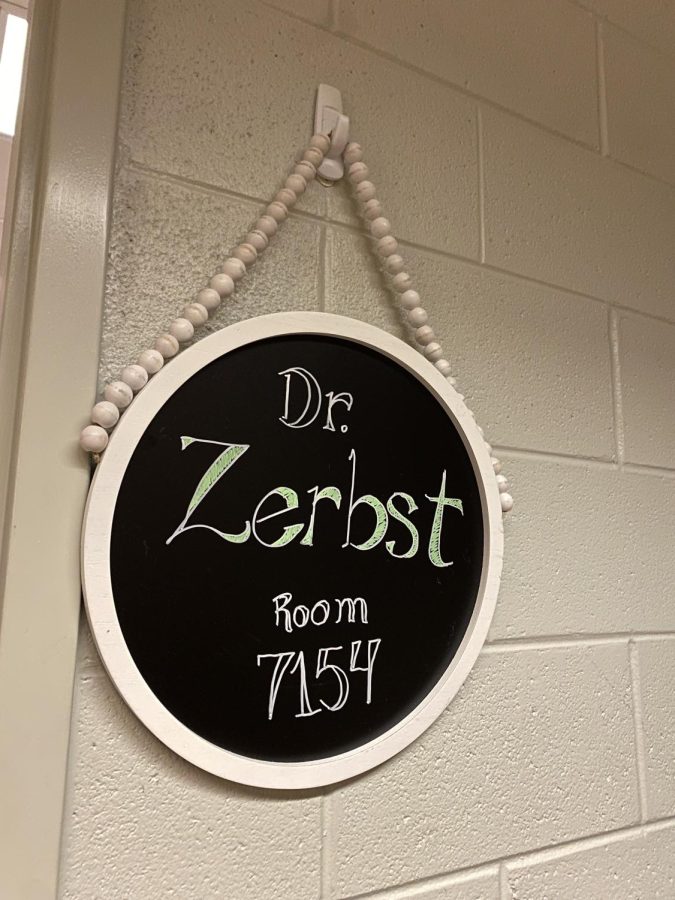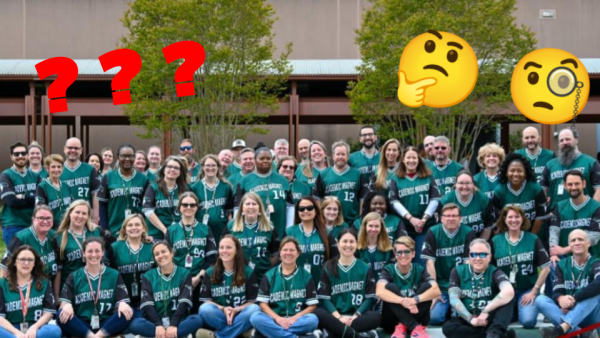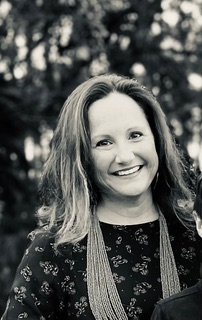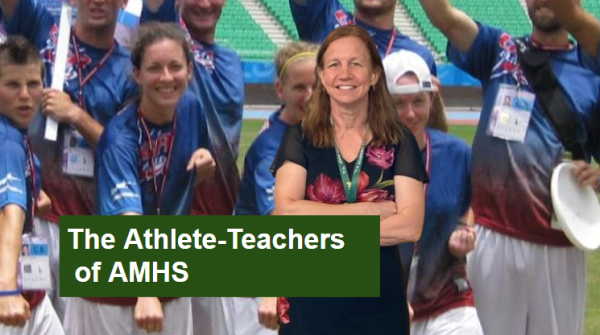Dr. Zerbst on her Dissertation Topic
Get to know more on how Dr. Zerbst earned her doctorate degree!
As you all should know, Dr. Zerbst recently completed her dissertation and earned her doctorate degree from Charleston Southern University. This accomplishment is incredibly impressive, especially when you consider all the time she has put in over the past few years as a teacher and administrator at AMHS. As academically gifted students that we are, I believe that it could be beneficial to get an insight into the process of going through higher education, as many of us will most likely be going on to achieve impressive degrees and use our intelligence to its full potential. Additionally, Dr. Zerbst is crucial to the operation of our school, so being aware and appreciative of her accomplishments is only fair! Below are a few basic questions to get a general understanding of her study, with outstanding answers provided.
I began by asking: What was the question that guided your research?
I wanted to go with just one question, but instead, I ended up with three. What I was really looking for was to find out if you could use the AP historical thinking skills as competencies.
- As compared to the New Hampshire competency validation rubric what is the corollary strength of the 2021 AP historical thinking skills?
- As compared to the New Hampshire competency validation rubric, what is the corollary strength of the 2016 American Historical Association’s core competencies and learning outcomes?
- Of the 2021 AP historical thinking skills and the 2016 American Historical Association’s core competencies and learning outcomes, which set of statements has the highest validation score and is best suited for adoption in accelerated and AP history classrooms?
In case you didn’t know, Dr. Zerbst was a history teacher at AMHS before she was an administrator. Personally, I had the pleasure of being taught Western Civilization and AP World History by Dr. Zerbst. From my own experience and from her research question, I can say for certain that Dr. Zerbst is very passionate about teaching history, and truly wants her students to get the most out of a history curriculum.
I then asked: Why did you choose this topic?
When covid started messing with student outcomes in AP classes I started looking for ways to fight back. In the process of looking for how other teachers had mitigated the challenges we were facing with online vs. in-person and disengagement with all the plexiglass and masks, I found personalized learning was really the way to go. But beyond personalized learning, there were all these northeastern states and European countries that were having success with something new called competency-based education. The premise was pretty simple, you look at learning as a series of skills and then you let students tackle those challenges in ways that make sense to them. It’s the same way they teach in medical school. BUT no one had ever tried it with AP classes. To me, it made perfect sense. So I did some action research with my 2020-21 classes and got off-the-charts results which made me want to write a full-blown dissertation on it. It was so much fun to see students enjoying the class and it was really exciting to have tried something that was really a long shot and to see it work so well!
As someone in her 2020-2021 AP World History class, I can back her up on this. The strategies Dr. Zerbst implemented in the last few months of the course before the exam made me feel more prepared than I’ve ever been for a test before. I was able to cover the material that I particularly struggled with and just lightly review topics I was strong in. Through this, I felt confident in my knowledge across the broad spectrum that was the AP World History course and felt confident in my ability to APPLY the knowledge she provided us with.
I followed up by asking: What was the aim of your research?
Once I knew CBE would work in AP history courses and I started doing the research I learned that no one else is doing this work. I’m not talking about, it’s rare, I genuinely could not find a soul who is applying CBE to AP history coursework. This is a completely untapped area of research. So I ran a type of study called a validation study and validated the first two sets of competencies for history that have been published in the US. It was really exciting because when I ran the statistics I had about sixty discrete findings that were statistically significant at the p<.01 level. To put that into context, as a researcher you’re usually excited to get one or two findings at the p<.05 level and this was much more significant.
Finally, I asked: What were your findings?
My study was able to identify two sets of historical thinking skills that work extremely well as competencies if teachers want to use them in a competency-based class. It also found that the AP historical thinking skills work the best for this purpose, which supports the findings of my initial foray into action research. CBE is a great way to teach AP history classes!
On a personal level, I found out that I love conducting research and doing statistical analysis of data. I love getting up at 4:30 every morning and writing before school, it just makes me happy and I really do love mornings. My dissertation ended up being way too long, 210 pages, but it was so much fun to do!
210 pages! Wow. Clearly, Dr. Zerbst is a dedicated educator and has a passion for learning— both for her pupils and for herself.








